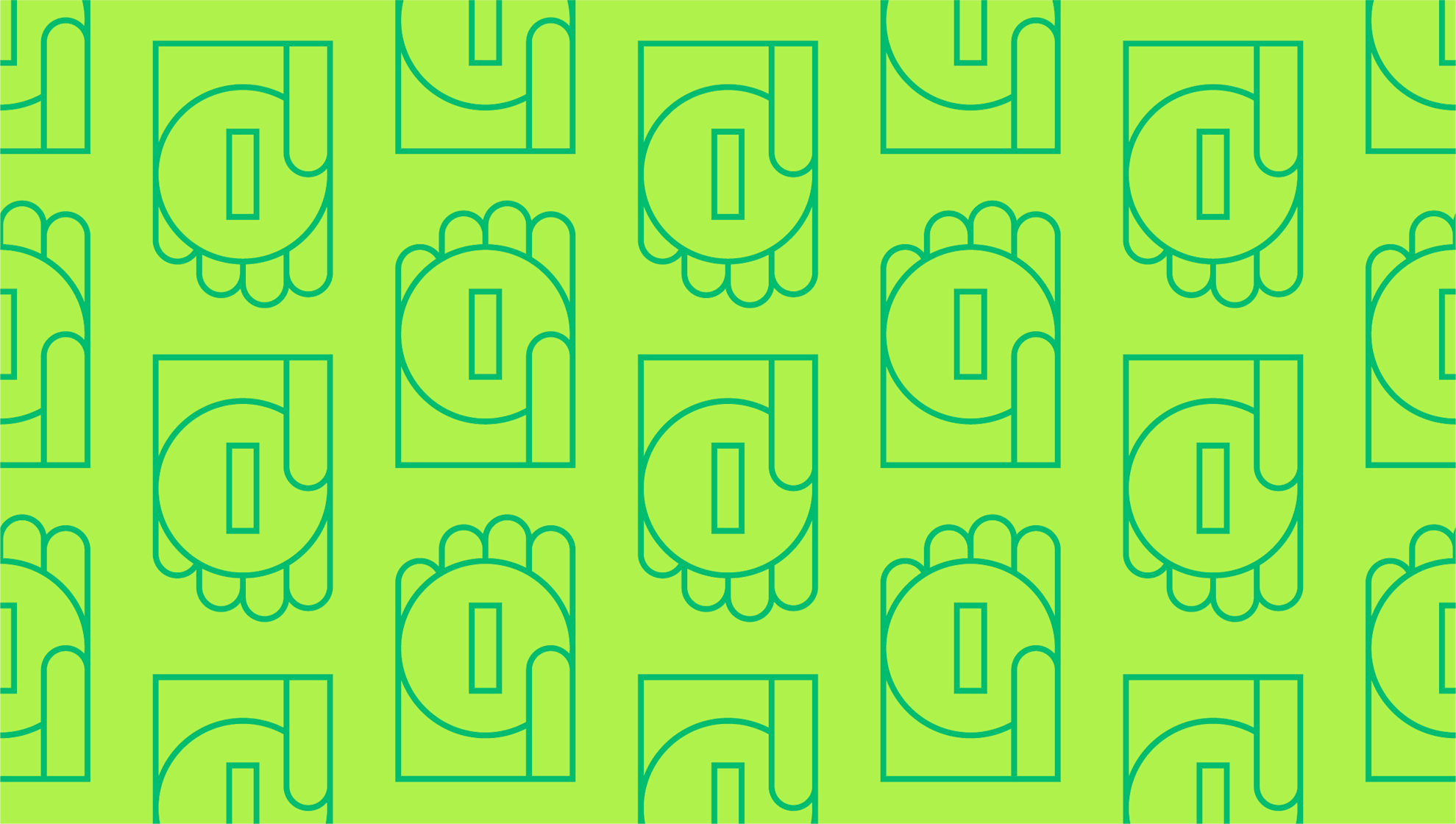Last editedAug 20212 min read
In any financial transaction, there are two parties: the payee, and the payer. What is a payee, and how does the relationship between payee and payer work? We’ll break down the details of these transactions in the guide below.
Payees explained
A payee simply refers to anyone who receives funds from a payer. The payment can take many forms, whether it’s a bank transfer, cheque, cash, or sent from a mobile app. In return for submitting payment to the payee, the payer receives their goods and services in return. In financial transactions, the payee could be an individual, business, or trust.
Understanding the payee meaning
To better understand the payee meaning, it’s helpful to imagine where you’re most likely to encounter this terminology. Banking transactions are one area where there’s a clear payer and payee. For example, when writing paper cheques, the payee’s name would be written on the line that states something like ‘pay to the order of’. This means that the payee is the only individual with authorisation to handle the cheque, whether they choose to cash it or deposit it into their account.
For online payments, you’ll provide the payee’s name and account details when setting up an electronic funds transfer. This payee information is used by the bank to determine where to send the money. For the system to work, a payee must have an active bank account with up-to-date details provided to the payer.
The payee meaning can also be applied to investors. An investment manager will usually have a payee account that they use to receive payments and transfer funds into the client’s own account. If a customer wants to contribute to their own pension plan, they might authorise a transfer from their everyday banking account to the investment management company. The payee would be the investment manager, though the money would be deposited into the client’s own pension fund for the manager to take care of.
What is a payee request?
If you’ve seen this term on a bank account and wondered ‘what is a payee request’, this is the notification that a bank receives. It’s sent when you want to make a one-time payment, amend your existing payment, or set up recurring payments. The bank then receives the payee request with the details of where this payment will go.
Situations often arise where there might be more than one payee for a single transfer. With electronic banking transfers, an individual might transfer a single sum of money from his or her own payer account. This can then be split into different allocated payee accounts. Each bank has its own approval process for split transactions with multiple payees.
What is confirmation of payee?
A confirmation of payee service is used to protect businesses against common scams including authorised push payment fraud. When you set up or amend a payment, confirmation of payee matches the payee’s name with that on the account.
Confirmation of payee can apply to online payments, mobile payments, and in-person transactions between UK bank accounts. The bank runs some basic checks to make sure the account details provided match those held by the payee. If the account and name don’t match up for some reason, it might simply mean that the account number and sort code was entered incorrectly. When there’s no match found and you continue with payment, you run the risk of the money being paid into the wrong account.
As you can see, the term payee is a simple concept in banking and finance, though it can be applied to numerous situations.
We can help
GoCardless helps you automate payment collection, cutting down on the amount of admin your team needs to deal with when chasing invoices. Find out how GoCardless can help you with ad hoc payments or recurring payments.


